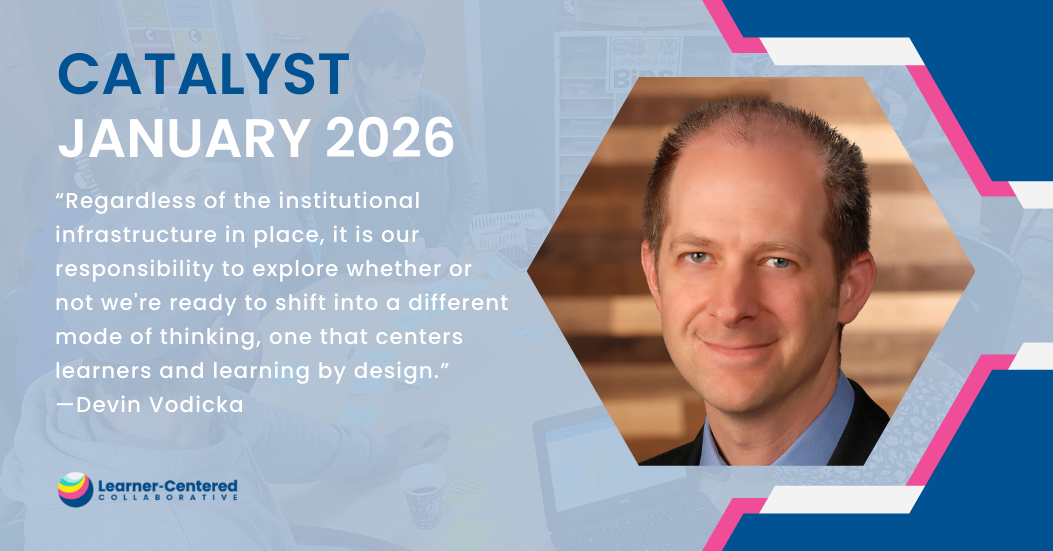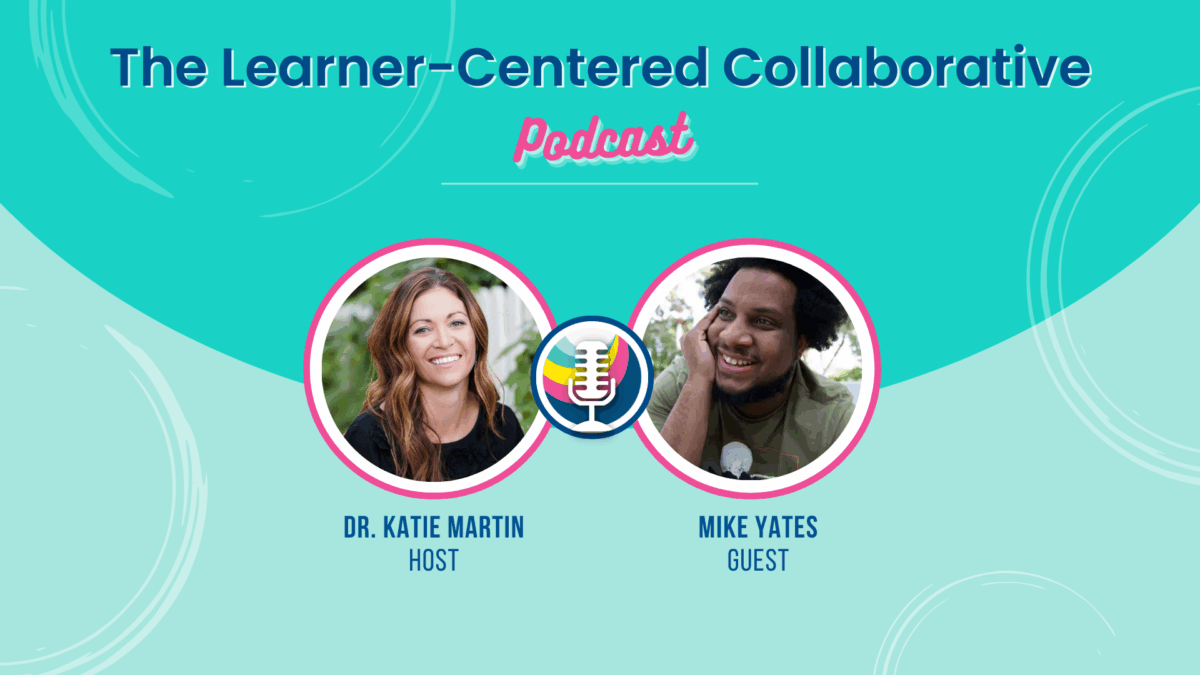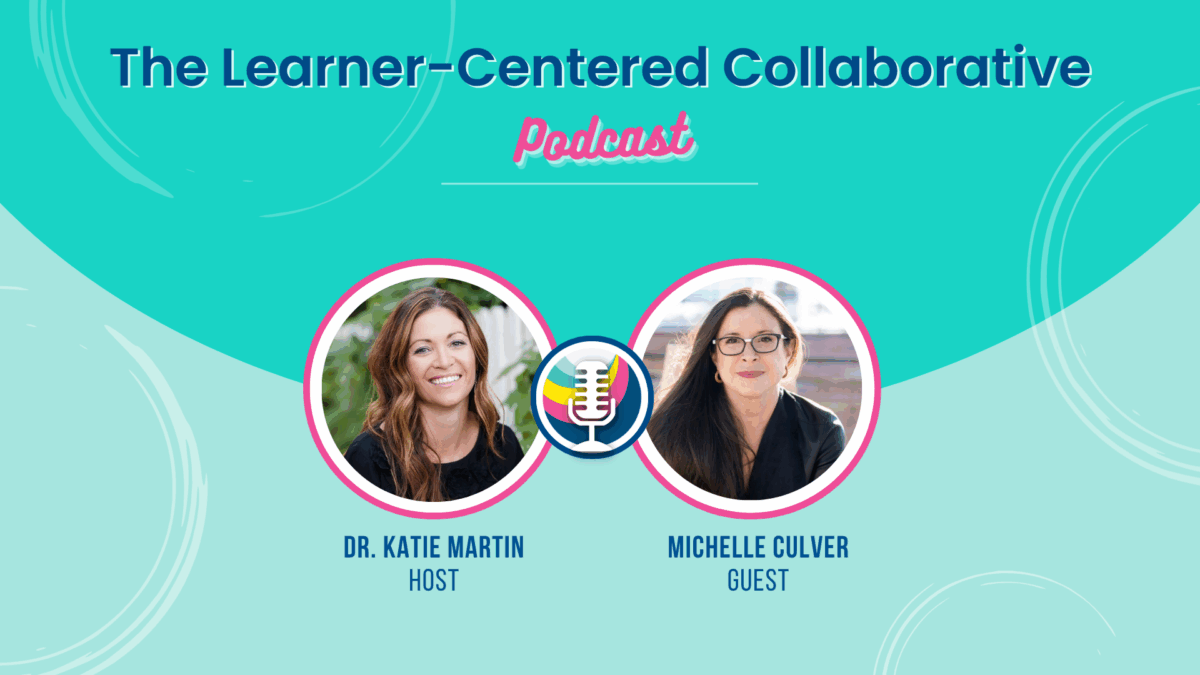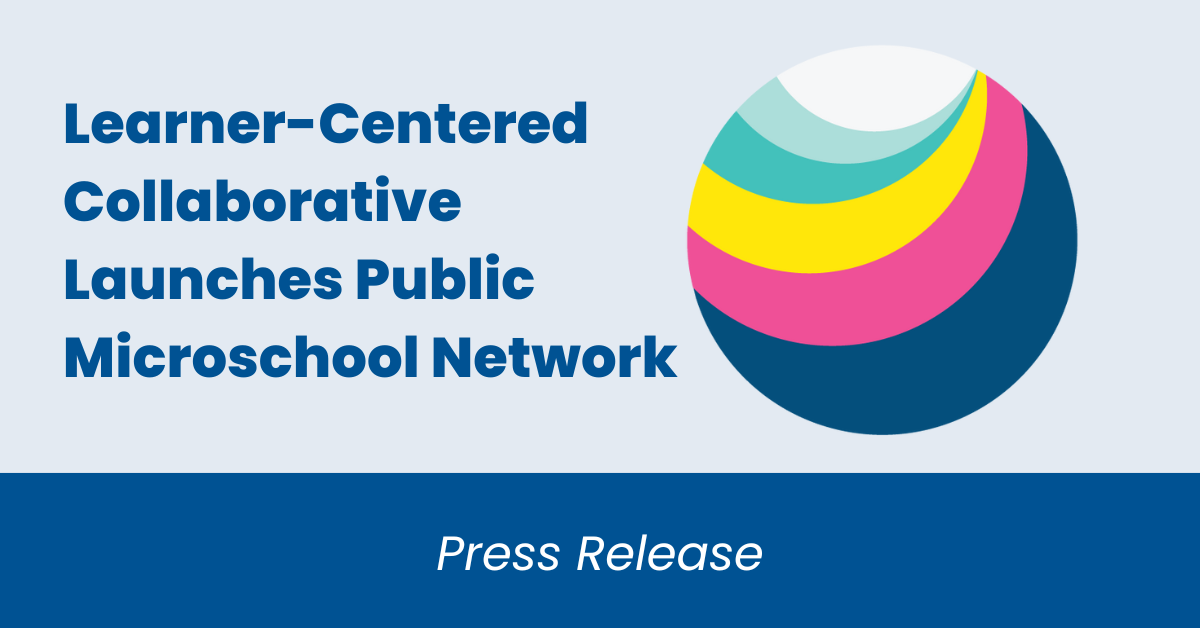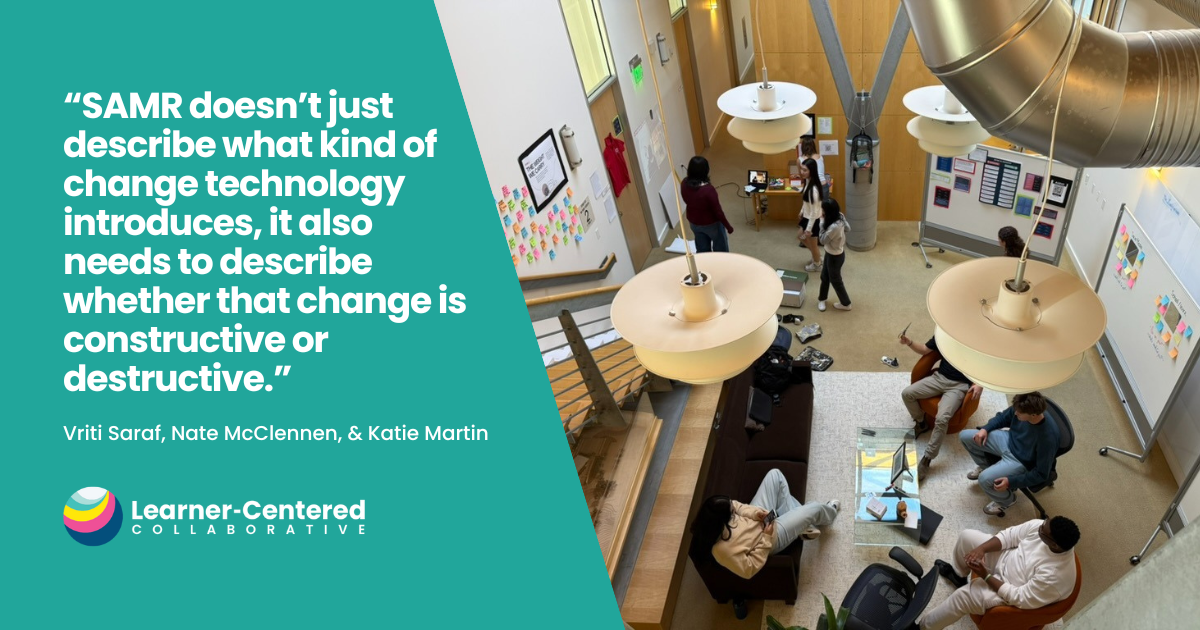The Power of Student Voice: My Journey on the D11 District Accountability Committee
By Carissa Rickard, Student in Colorado Springs School District 11

My name is Carissa Rickard, I’m 16 years old, and I serve as the student representative on the district accountability committee (DAC) for Colorado Springs School District 11 As a student representative, my role is to provide a crucial perspective on how district policies and decisions affect students directly.
Bringing the Student Perspective to the DAC
Just the other day, I sat in a District Accountability Committee meeting surrounded by adults, my peers, in the effort to support our district’s 22,000 students. We were discussing data from adaptive tests, and from the adult perspective, the data looked promising: most students were showing growth year over year. However, data doesn’t tell the whole story of what students experience. As a representative of my peers, I had to point out that students who excel beyond the curriculum aren’t accurately represented by these numbers. So I took the floor and, using the example of my younger brother, let the 15 adults around me know what the data they were looking at was missing: the lived experience of students like myself.
Take my younger brother, for example—a student who has consistently exceeded academic expectations. For years, he’s received the same test questions, maxing out the test every time. To reflect the growth the district wants to see, he—and many other high-performing students—intentionally underperform at the beginning of the year, only to improve later so their growth is “visible” in the data. Without student input, the district wouldn’t have access to this critical perspective, and it highlights why student voices are so essential. We bring lived experience and insights that data alone cannot capture.
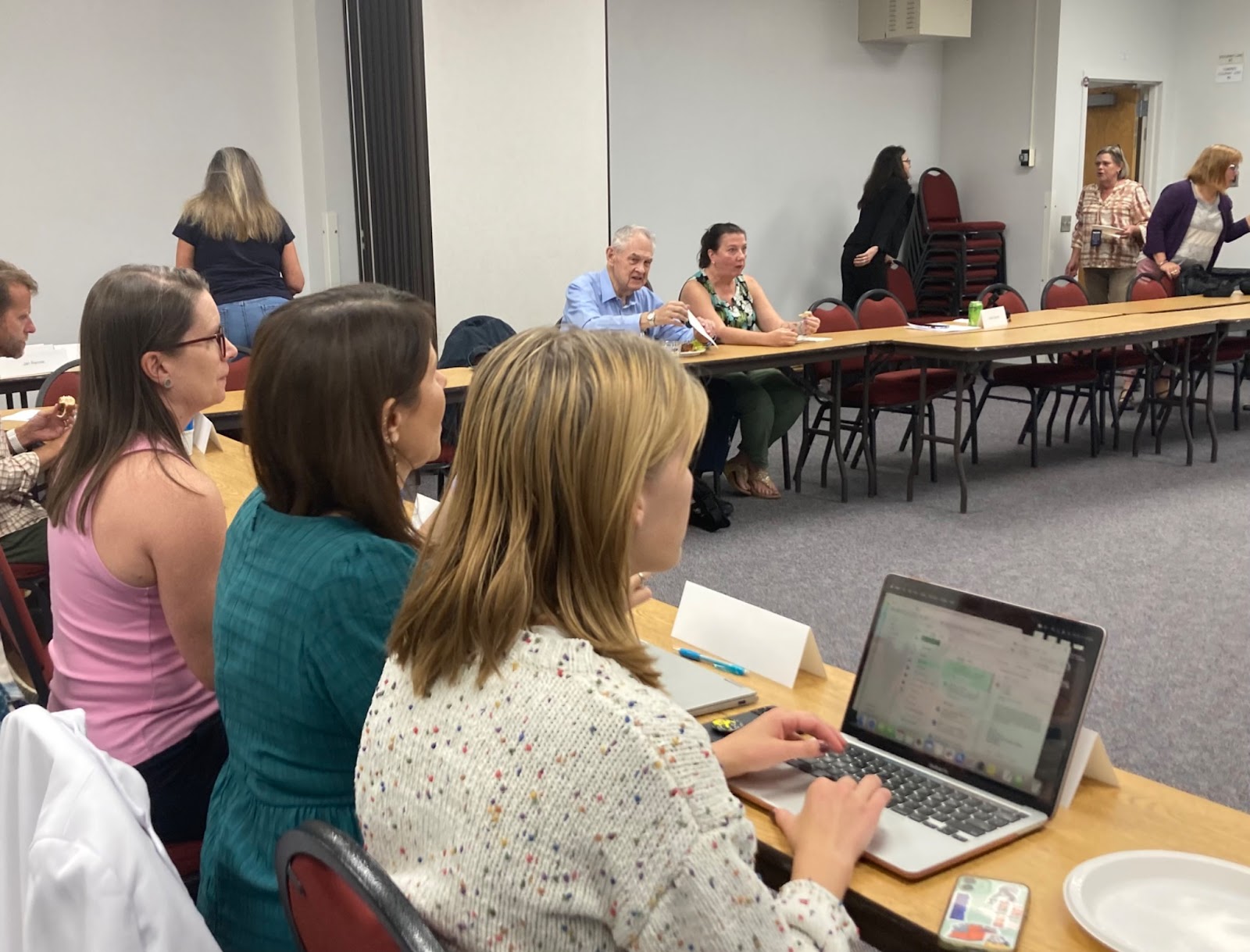
My Path to Student Advocacy
So, how did I end up here? Where did my journey toward taking charge of my education begin? It all started six years ago. My mom, a long-time DAC member and committed parent, brought me along to a meeting one evening. I was still in elementary school, and my only priority was to get some homework done and enjoy the free food that was provided. I didn’t even know what DAC stood for at the time, but I immediately got the feeling that I was welcomed in that environment. The adults made polite conversation with me, and I decided to keep attending… even if it was still mostly for the food and a place to study.
However, one evening something different occurred. The committee started discussing student safety and engagement—issues that directly affected me and my friends. Suddenly, I was paying attention. I put down my book, grabbed a pen, and began taking notes. I wasn’t quite ready to start speaking up yet, but I wasn’t just showing up for the snacks. I was there to listen, learn, and, eventually, whisper my thoughts and questions to my mom, who would voice them for me.
Finding My Voice
Over time, I gained confidence and started asking questions—questions that made people pause and think. Questions like, “How will changing the grading system affect students’ chances when applying to college?” and “Are there plans to address concerns regarding inaccurate data presented for students performing above grade level on district mandated testing?” Eventually, the DAC chair, a supportive friend who cares deeply for students across our district, approached me after a meeting and told me that student voice was important and we needed more of it. That was the moment the idea of a student representative role was born. A few months later, I was honored to be asked to become the first student voice on the DAC, tasked with representing my peers and ensuring students had a say in the decisions being made about our education.
Now, I’m no longer the quiet student sitting on the sidelines. I’m someone who advocates for my educational experience, writes emails to district leaders, and asks tough questions—questions that push adults to think in new ways. Student voice is crucial because if schools are truly going to serve students, they need to hear from us directly—even if what we have to say is uncomfortable.
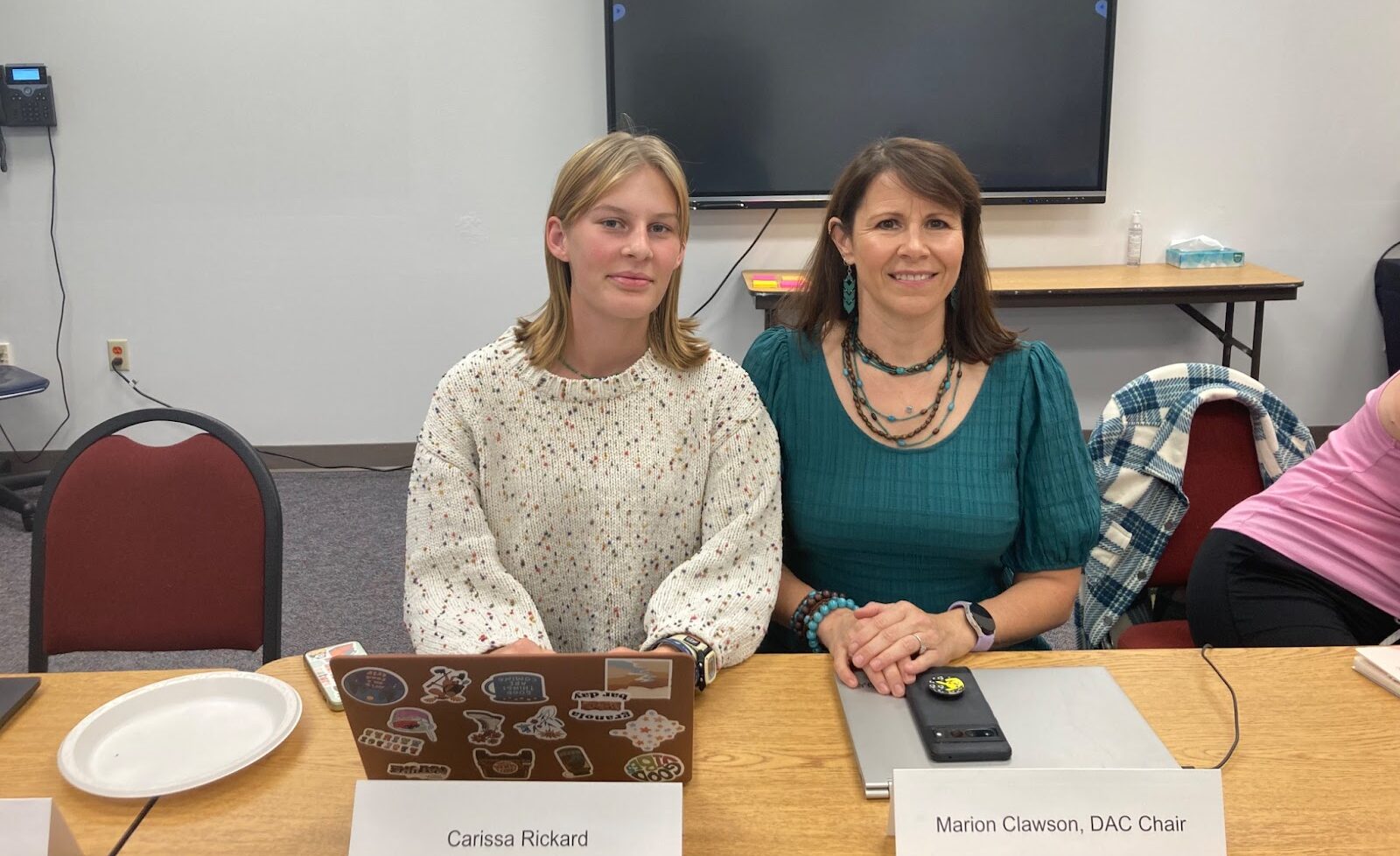
The Importance of Student Voice
I believe that student voices matter—our input should be valued because we are the ones who experience the effects of these policies firsthand. Students across the world deserve the opportunity to take charge of their own education, and our voices should be at the center of any conversation about our learning.
To all the educators reading this: I encourage you to actively seek out and genuinely listen to what your students have to say. Our unique perspectives offer valuable insights that can amplify the learning experience for everyone. When we are involved in the decisions being made about our education, you are not just improving the system— you are empowering us to take agency for our learning and become more engaged. Through working together, we can create a more inclusive, effective, and supportive academic environment.
For strategies on amplifying student voice, visit our Big Move on “Student-Led Advisory Councils or Boards” and start your journey today.
